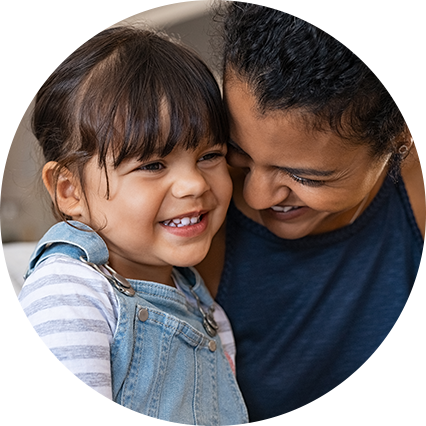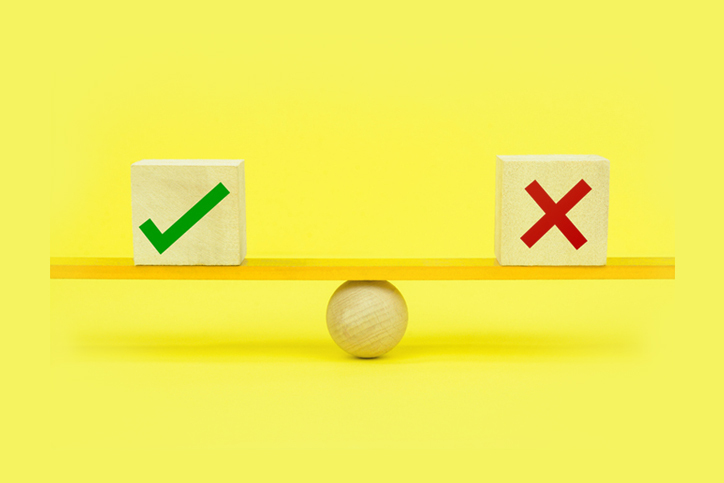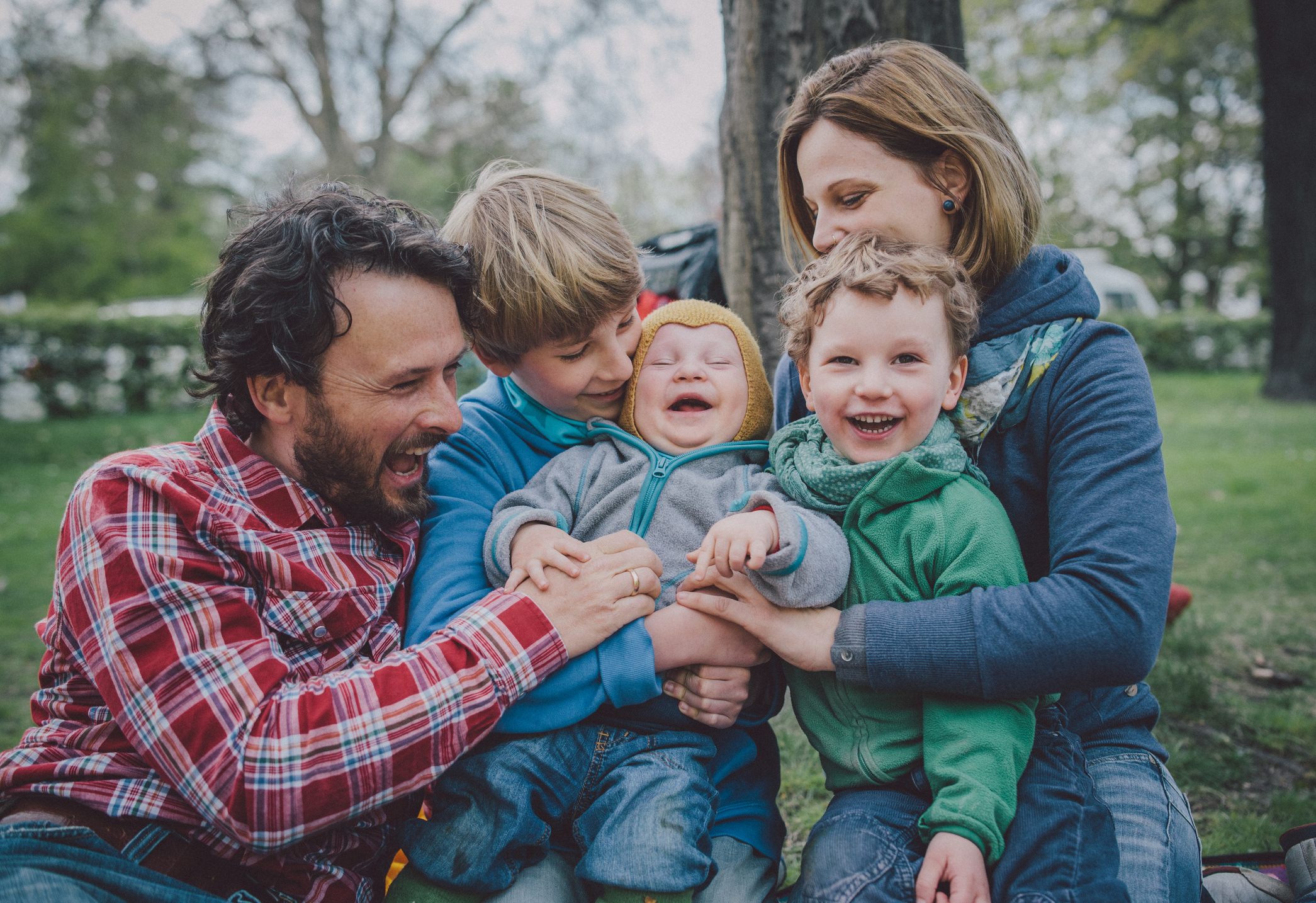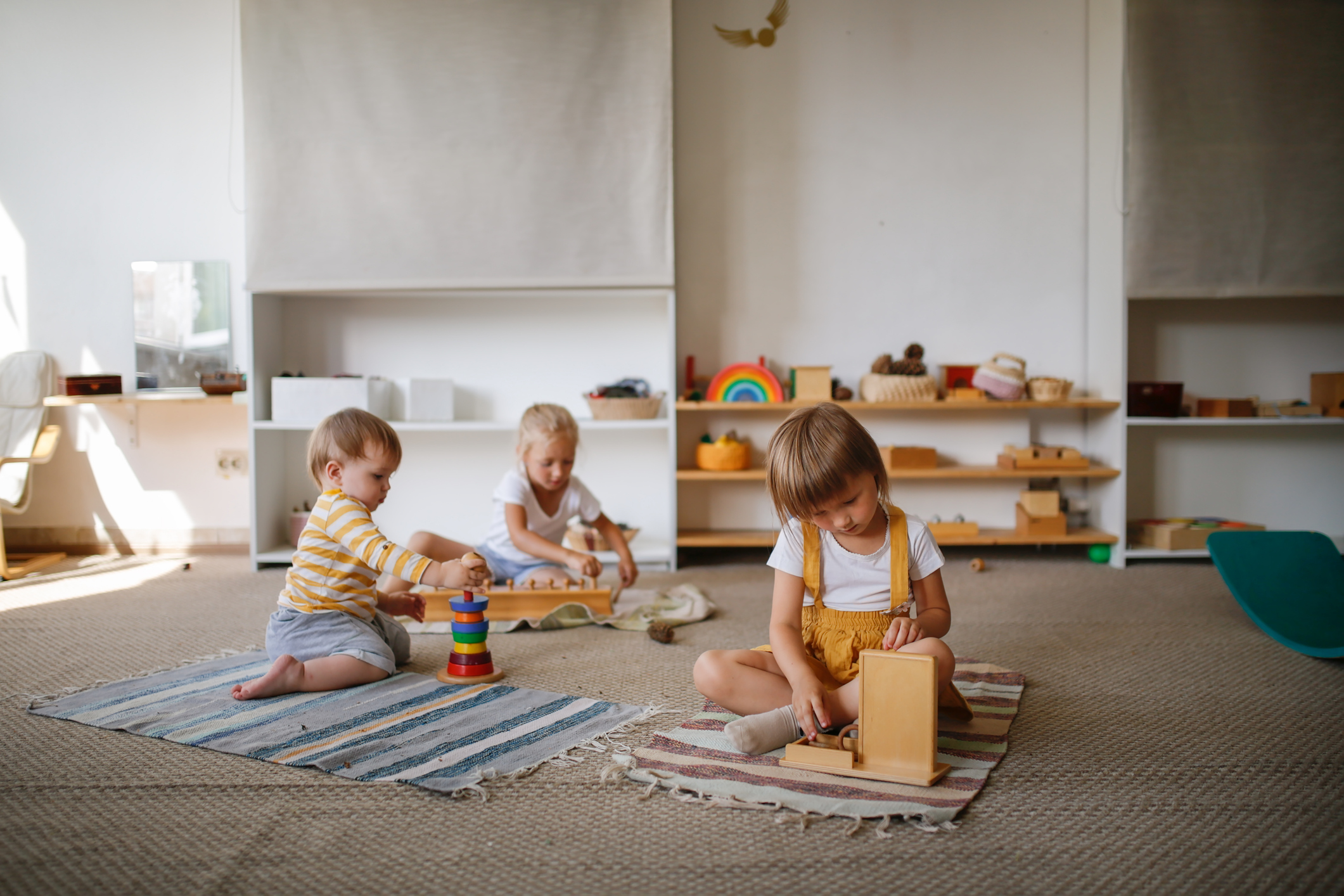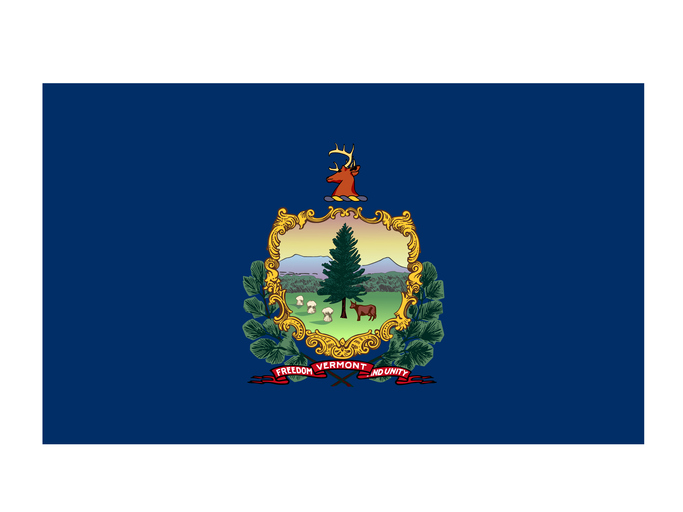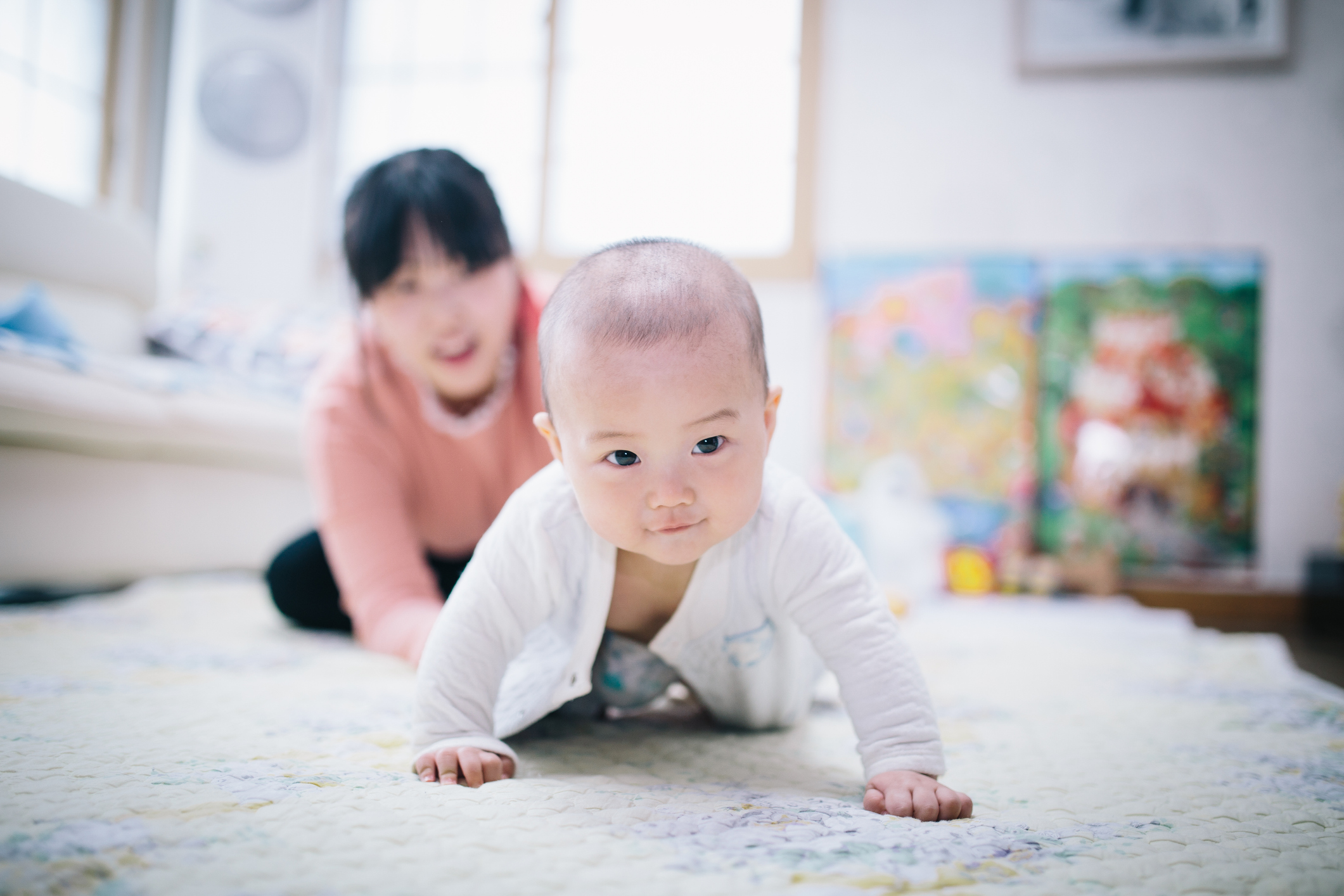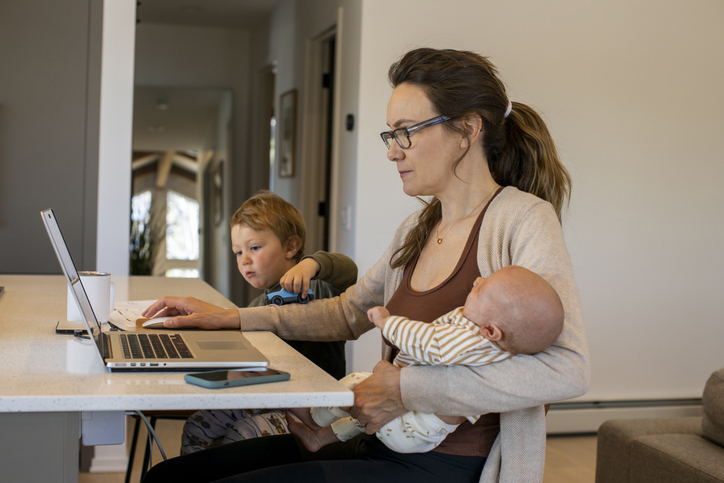Help Me Grow is a support system for people who are pregnant, caregivers with new babies, and families with young children (ages eight and under), powered by a resource grid of more than 3,000 services across the state. Help Me Grow works with parents and caregivers to:
- Learn about child development and take a developmental screening
- Find community resources and navigate referrals
- Get support around parenting
Share your contact information here, and a child development specialist will contact you weekdays from 8am to 5pm.
What are Developmental Milestones
Skills such as taking a first step, smiling for the first time, and waving “bye-bye” are called developmental milestones. Developmental milestones are the physical, mental and emotional things most children can do by a certain age. Learning to observe how your child behaves and grows over time will help you nurture and encourage their healthy development.
Milestones are different for each age range and cover four categories of a child's development:
- Cognitive means thinking, reasoning, problem solving and understanding.
- Communication and language involve making sounds, learning words and responding to noise and words.
- Social and emotional includes interactions with other kids, developing friendships and group play.
- Motor coordination includes gross motor skills such as sitting up, standing and crawling, and fine motor skills like holding a crayon and drawing.
View the Center for Disease Control and Preventions’s (CDC) detailed information on developmental milestones by age—from 2 months to 5 years. You can also view photos and videos of important developmental milestones.
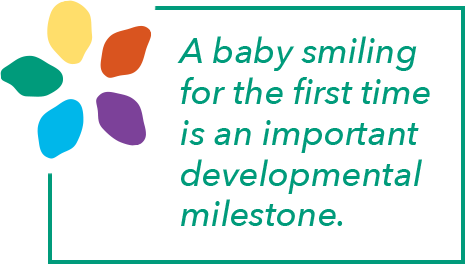
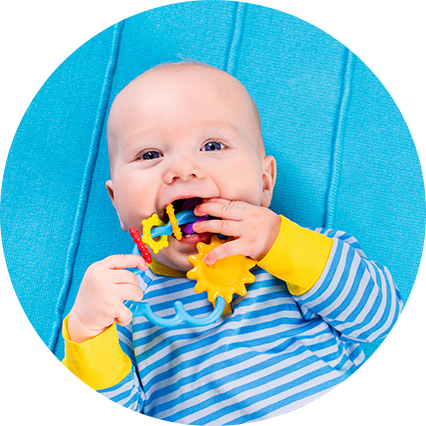
Free tools to track milestones
Wondering where to start with tracking your child’s developmental milestones? We’ve got tools for that.
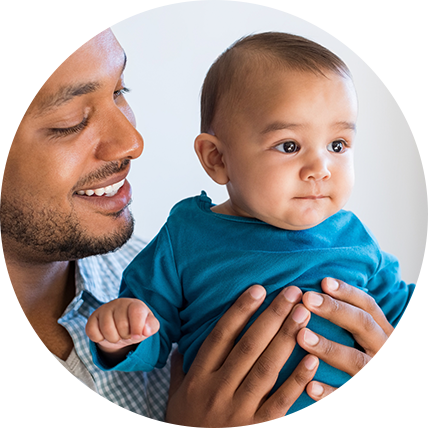

Free Milestones App
With the help of our partners at the CDC, we want to make it easy for parents to track and celebrate their child’s development from ages 2 months through 5 years.
The free Milestones Tracker app is a one-stop shop for milestones information and tools, including photos and videos that show milestones, activities to support your child’s development, helpful reminders for appointments, and more!
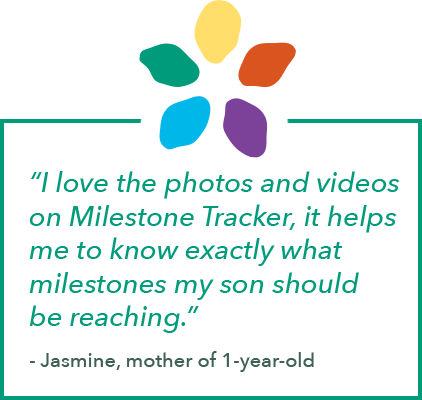
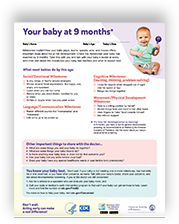
CDC’s Milestones Checklist
Parents should start tracking their child’s progress by completing this milestones checklist created by the CDC. This tool is designed for children aged 2 months and 5 years.
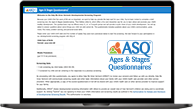
Developmental Screenings
Developmental screening allows you to take a closer look at how your child is developing.
Screenings tend to be more formal than checklists in that they ask detailed questions about your child’s development—specifically their language, movement, thinking, behavior, and emotions.
A screening can identify strengths unique to your child—as well as areas they may need help or support. It also provides new activities to try with your child to build specific skills.
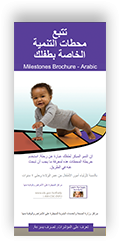
Translated Milestones Resources
We have a series of translated the Milestones Brochure into several languages:
- Arabic
- Bosnian
- Burmese
- French
- Nepali
- Somali
- Swahili
Get support from our local team
Are you a parent or caregiver looking for personalized support or more information on child development, pregnancy, or positive parenting skills?
Are you a health care or child care provider or other professional working with families who may benefit from personalized support from our local team?
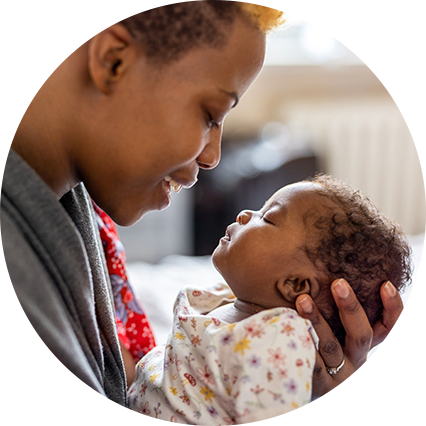
Resources and Videos
Check out our collection of resources and videos below.
Sort resources by link, PDF or video. Don't see something you need? Contact our local team.
Find more information about child development, tools for providers, tips for parents, and read our blog.
